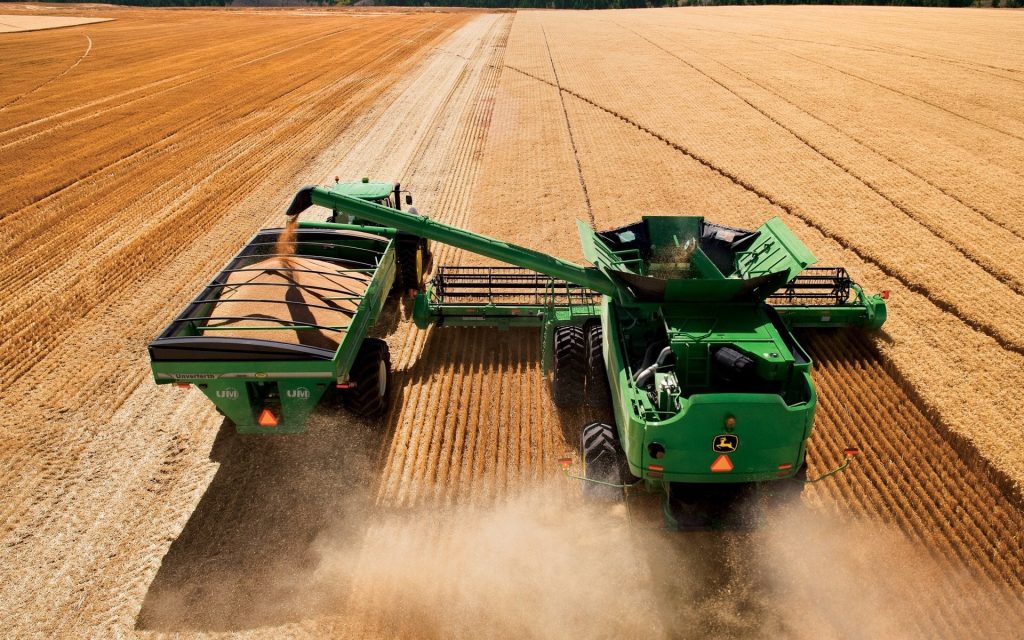Crop breeding is a crucial part of agricultural improvement, looking to boost crop performance, deliver, and strength to varied challenges like unwanted pests, illnesses, and climate change. Classic crop breeding strategies have yielded outstanding effects on the centuries, but with the speedy advancements in technology, modern day agricultural techniques have seen an exponential boost in efficiency and productivity. One such transformative technology is definitely the Laboratory Information Management System LIMS, which has proved to be a game-changer in crop breeding research and growth. This post delves in the function of LIMS in revolutionizing crop breeding and unleashing the total prospective of agricultural advancements. A Laboratory Information Management System is a software-structured program made to enhance and manage laboratory workflows, data, and data. LIMS serves as a centralized data source that incorporates numerous laboratory operations, which includes trial tracking, experimental protocols, data analysis, and record age group. By offering an arranged and programmed approach to data management, LIMS guarantees productivity, accuracy, and traceability of experimental data, as a result drastically expediting study and decision-making processes.
Accelerating Breeding Periods:
Classic breeding strategies typically need a long period of manual data saving, analysis, and grow selection, resulting in gradual development. Laboratory Information Management System expedites the breeding process by automating data seize, lowering individual error, and accelerating data analysis. Enough time-eating projects of physically saving herb characteristics and crossbreeding effects is currently efficient, allowing scientists to help make swift, educated decisions based on correct and real-time data.
Enhancing Data Management and Analysis:
Successful crop breeding seriously relies on the series, analysis, and understanding of vast amounts of data. LIMS aids crop professionals and scientists to collate, retailer, and assess these varied datasets, which includes genotypic and phenotypic data, environmental variables, and breeding record. Via accelerated technology laboratories, data management gets to be extremely readily available and streamlined, empowering researchers to create knowledgeable judgments for picking out the most guaranteeing vegetation kinds for further experimentation and improvement.

Facilitating Collaboration and Data Sharing:
In crop breeding analysis, collaboration among different laboratories, investigation organizations, and agricultural companies is crucial. LIMS facilitates smooth collaboration through providing a central data bank accessible to a number of stakeholders. Researchers can readily discuss their findings, swap information, and work together on joint jobs, therefore benefiting combined knowledge and assets to address complicated agricultural difficulties effectively.
Permitting Precision Breeding:
Precision breeding, also called molecular breeding, involves utilizing genetic markers and superior biotechnological equipment to specifically select appealing qualities in plants. LIMS plays a vital role in managing genomic data, gene sequencing information, and marker-assisted assortment results. By including genomic data with phenotypic data in LIMS, researchers can recognize and keep track of essential genetic markers related to specific qualities, empowering much more targeted and effective breeding programs.
Quality Control and Regulatory Compliance:
Crop breeding demands rigid adherence to quality control actions and regulatory compliance. LIMS makes certain that experimental methods and regular functioning methods are constantly followed, reducing the chance of mistakes and guaranteeing compliance with regulatory guidelines. This, subsequently, enhances the reliability of study effects and facilitates the entire process of getting required approvals for that discharge of new crop versions.